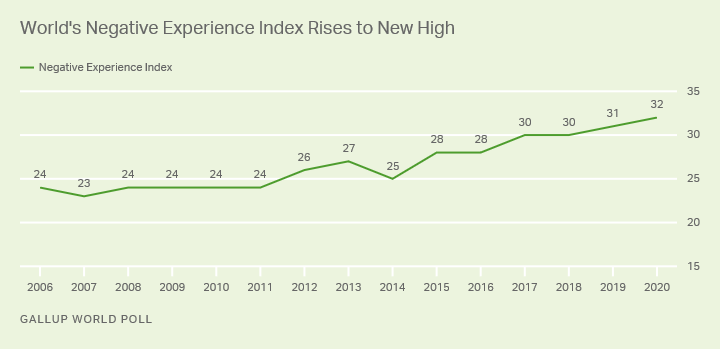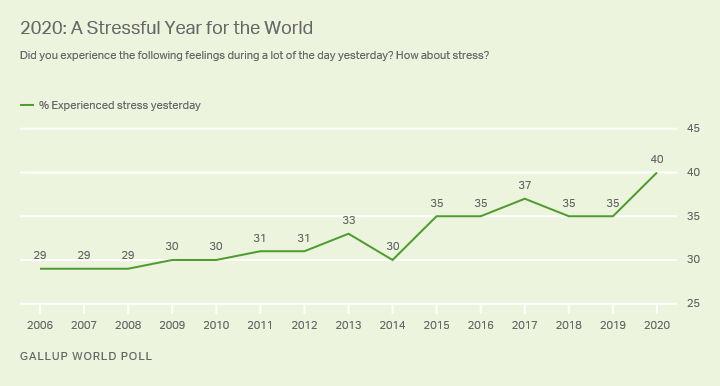Joseph Cox at VICE: “…After years of warning from researchers, journalists, and even governments, someone used highly sensitive location data from a smartphone app to track and publicly harass a specific person. In this case, Catholic Substack publication The Pillar said it used location data ultimately tied to Grindr to trace the movements of a priest, and then outed him publicly as potentially gay without his consent. The Washington Post reported on Tuesday that the outing led to his resignation….
The data itself didn’t contain each mobile phone user’s real name, but The Pillar and its partner were able to pinpoint which device belonged to Burill by observing one that appeared at the USCCB staff residence and headquarters, locations of meetings that he was in, as well as his family lake house and an apartment that has him listed as a resident. In other words, they managed to, as experts have long said is easy to do, unmask this specific person and their movements across time from an supposedly anonymous dataset.
A Grindr spokesperson told Motherboard in an emailed statement that “Grindr’s response is aligned with the editorial story published by the Washington Post which describes the original blog post from The Pillar as homophobic and full of unsubstantiated inuendo. The alleged activities listed in that unattributed blog post are infeasible from a technical standpoint and incredibly unlikely to occur. There is absolutely no evidence supporting the allegations of improper data collection or usage related to the Grindr app as purported.”…
“The research from The Pillar aligns to the reality that Grindr has historically treated user data with almost no care or concern, and dozens of potential ad tech vendors could have ingested the data that led to the doxxing,” Zach Edwards, a researcher who has closely followed the supply chain of various sources of data, told Motherboard in an online chat. “No one should be doxxed and outed for adult consenting relationships, but Grindr never treated their own users with the respect they deserve, and the Grindr app has shared user data to dozens of ad tech and analytics vendors for years.”…(More)”.



